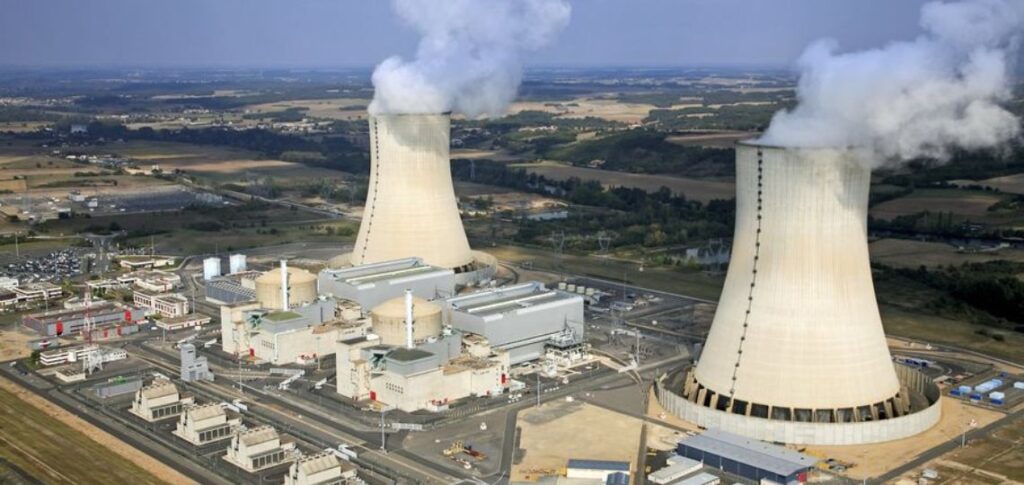France and Germany are taking different approaches to reducing the carbon footprint of their industries, an analysis by McKinsey and La Fabrique de l’Industrie reveals. The report indicates that direct emissions from French industry, or “scope 1” emissions, are significantly higher than those of Germany. In 2021, France emitted 380 grams of CO2 per euro of industrial value added, compared to 290 grams for Germany. This difference is attributed to the sectoral structure of the two economies. French industry is heavily concentrated in high-carbon sectors such as metallurgy, chemicals, and refining, while Germany is more focused on less emitting manufacturing industries, such as automobiles. In contrast, an analysis of emissions related to energy consumed by industry, or “scope 2,” shows that France has a notable lead. The massive use of nuclear energy in France significantly reduces the carbon intensity of its industrial processes. Electricity in France emits on average six times less CO2 than that produced in Germany, which is still largely dependent on coal. This factor allows France to partially offset its higher direct emissions. By combining scope 1 and 2 emissions, the emission levels of the two countries become comparable: 371 grams of CO2 per euro of added value for France compared to 359 grams for Germany.
Adaptation Capacities and Regional Strategies
To meet the challenges of reducing industrial emissions, France and Germany must step up their efforts in terms of infrastructure and investment. The study highlights the importance of developing solutions on a regional scale. For example, projects such as the heat highway in Lille or the “D’artagnan” infrastructure in Dunkirk aim to capture, transport and store the CO2 generated by local industries. These initiatives require interregional cooperation and significant investments to be effective.
However, manufacturers remain cautious about the costs and volatility of the energy market. The price of electricity in France, proposed at 70 euros per megawatt-hour by EDF for long-term contracts, is seen as a barrier to large-scale electrification of industrial processes. Investment decisions therefore depend heavily on the predictability of energy costs and possible tax incentives.
Workforce Training and International Competition
Another crucial issue is the availability of qualified professionals to support the industrial transition. France is facing a lack of talent in the technical and engineering fields needed to implement advanced emission reduction solutions. This lack of skills is a major obstacle for companies wishing to modernize their facilities.
Global competition adds a layer of complexity. With China’s rise in international markets and lower production costs outside Europe, French and German industries are under pressure to maintain their competitiveness while engaging in emission reduction strategies. The automotive and chemical sectors, in particular, are feeling this tension between the urgency of the energy transition and the reality of costs. The study finally highlights that the coordination of public policies and government support are essential to overcome these challenges. Aligning industrial and energy strategies with emission reduction targets could help to better manage the economic and social impacts of this transition.
This article is originally published on energynews.pro








